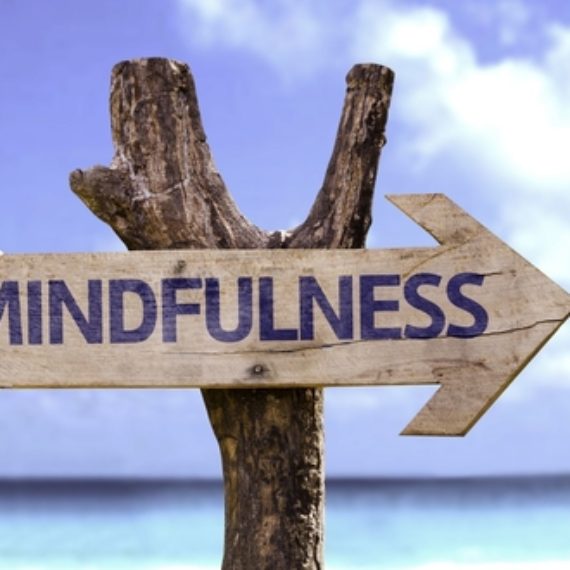It’s nearly a year since New Zealand celebrated the 125th anniversary of being the first country to grant women the vote. Commemorative events focused public opinion and media commentary on what New Zealand has achieved for women since that trail blazing moment in history. New Zealand was ranked seventh in the World Economic Forum’s Global Gender Gap report for 2018 up from ninth in 2017. This ranking is based on four components – economic participation and opportunity; educational attainment; health and survival; and political empowerment. New Zealand’s ninth position bodes well as it was the only country, other than Iceland, to maintain a spot in the top ten from the previous year.
But is this enough? Our Human Rights Commissioner, Dr Karanina Sumeo called on the Government to introduce pay transparency legislation earlier this year and Minister for Women, Julie Anne Genter has confirmed that she is evaluating how these laws could work here. While remuneration experts would largely agree that ‘what gets measured’ gets done, six years of evaluating best practice for equal pay in the annual YWCA Equal Pay Awards has demonstrated that matching men and women’s pay dollar for dollar won’t ensure that companies close their gender pay gap.
Research has shown that women do much more unpaid work than men, which means that they have fewer hours to contribute to paid work and that their earning potential is significantly less than men’s. A 2018 study by Australia’s Victorian government found that Victorian women are doing 63.2 per cent of the state’s unpaid work – about 1.7 times that of men. They estimated the value of this unpaid work at A$205 billion (NZ$224 billion).
Time spent commuting negatively impacts women more than men as it is women who typically have to manage school and day care drop offs and who are more likely to stay home to care for sick children or elderly relatives. This means that flexible work arrangements – both hours and location – needs to be addressed as part of closing the gender pay gap.
New Zealand has a world class fibre network and increasing congestion in our major cities. Countries like Norway and Denmark have championed companies that promote
telecommuting, job sharing and those that shift their company culture to reward outcomes achieved, not hours worked.
If your company has closed its gender pay gap OR implemented flexible work and leave or other non-gendered initiatives to create an equal workplace for men and women then you should enter the 2019 Equal Pay Awards. There are six award categories – five for organisations and one for individuals. A Supreme Winner will be selected from the entrants in the five organisational categories.





Leave a Comment